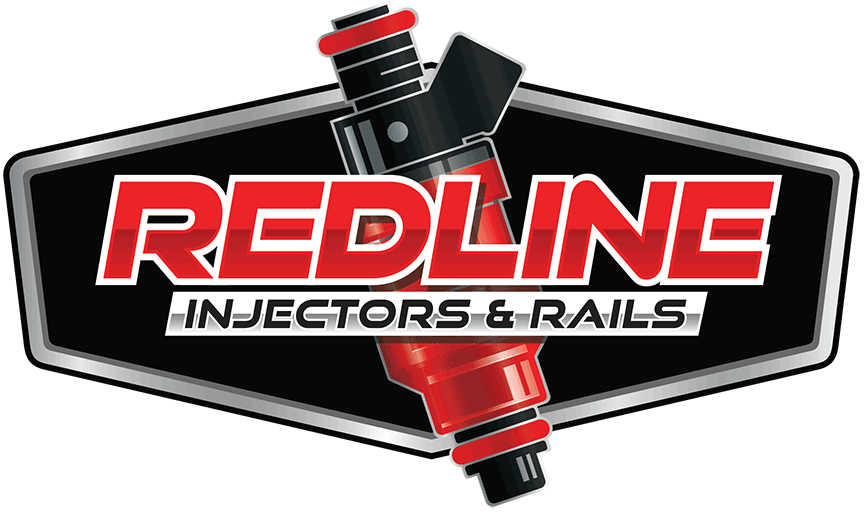Fuel injectors are crucial for the proper functioning of your engine, but like any component, they can wear out over time due to various factors. Here are some of the main reasons why fuel injectors wear out:
- Clogging and Deposits
- Cause: Over time, fuel injectors can accumulate carbon deposits, dirt, or other contaminants from the fuel. This can clog the injector nozzles, preventing them from spraying fuel efficiently or causing uneven fuel delivery.
- Result: This can lead to engine misfires, rough idle, poor fuel efficiency, and poor acceleration.
- Dirty or Low-Quality Fuel
- Cause: Fuel that is contaminated with dirt, water, or other impurities can clog fuel injectors. Low-quality or improperly refined fuel can also cause injector wear.
- Result: Contaminated fuel increases the risk of clogging or damaging the injectors, leading to decreased performance and potential failure.
- Using Low-Quality Fuel Additives
- Cause: Some fuel additives, especially low-quality ones, can lead to injector damage. Harsh chemicals or excessive use of additives can cause the injectors to corrode or clog.
- Result: This can cause injectors to become inefficient or fail entirely, requiring replacement.
- Fuel Injector Overheating
- Cause: Fuel injectors operate at high temperatures, and over time, they can overheat if the engine is running too hot, there is poor coolant flow, or there are problems with the fuel system (e.g., a clogged fuel filter). This can cause the injector seals to degrade or the internal components to wear out.
- Result: Overheating can lead to leaks, reduced fuel efficiency, and injector failure.
- Worn Fuel Injector O-Rings
- Cause: The O-rings (seals) around the fuel injectors wear out over time due to exposure to heat, fuel, and engine vibrations. Once the seals are compromised, fuel can leak around the injector, causing poor performance.
- Result: Leaking injectors can result in engine misfires, reduced fuel efficiency, and possible fuel odor.
- Electrical Failures
- Cause: Fuel injectors are controlled by the Engine Control Unit (ECU), and if there are electrical issues—such as a bad connector, short circuit, or malfunctioning solenoid—the injector may fail to open or close properly.
- Result: This can cause inconsistent fuel delivery, engine misfires, or poor fuel efficiency.
- Excessive Engine Vibration
- Cause: Continuous engine vibration can put stress on the fuel injectors and their connections. Over time, this stress can damage the injector’s components, seals, or electrical connections.
- Result: Damaged or loose injectors can lead to fuel leakage, poor fuel atomization, or fuel delivery problems.
- Fuel System Contamination
- Cause: A malfunctioning fuel filter, faulty fuel pump, or contaminants in the fuel lines can introduce dirt and debris into the fuel injectors.
- Result: These particles can clog or damage the injectors, leading to poor fuel atomization and engine performance issues.
- Fuel Pressure Problems
- Cause: If the fuel pressure regulator malfunctions and delivers fuel at too high or too low a pressure, it can stress the injectors. Excessive pressure can cause them to leak or wear out quickly, while insufficient pressure can prevent proper fuel delivery.
- Result: Incorrect fuel pressure can lead to engine misfires, rough idling, or poor acceleration.
- Extended Engine Idling or Short Trips
- Cause: Frequently driving with a lot of idling or taking short trips without allowing the engine to reach optimal operating temperatures can cause injectors to become clogged with carbon deposits.
- Result: Over time, the injectors become inefficient, which can result in poor engine performance.
- Overuse or Extended High-Load Conditions
- Cause: Driving under heavy loads for extended periods (e.g., towing, hauling) or operating the engine at high RPMs for long durations can put extra strain on the injectors.
- Result: This increases the wear and tear on the injectors and their components, potentially causing premature failure.
- Poor Maintenance of the Fuel System
- Cause: Lack of regular maintenance, such as not replacing the fuel filter at recommended intervals or failing to use fuel system cleaners, can contribute to injector wear.
- Result: Dirt and debris in the fuel system can build up and eventually damage the injectors.
Conclusion:
Fuel injectors wear out for a variety of reasons, but proper maintenance can significantly extend their lifespan. Regularly replacing fuel filters, using high-quality fuel, keeping the engine in good condition, and avoiding harsh driving conditions can help prevent injector problems. If you notice any symptoms of injector failure, it’s important to have your vehicle inspected and repaired promptly to avoid further engine issues.
